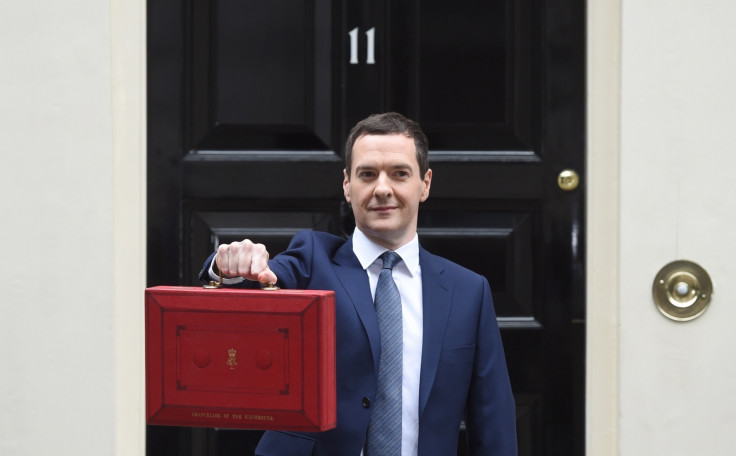Summer budget 2015: UK still a 'buy-to-let paradise' despite Osborne's tax hike on landlords

Britain is still a "buy-to-let paradise" despite George Osborne hiking tax bills for landlords in his budget, according to an academic.
"There were some minor reforms to the tax relief available to buy-to-let landlords (at the behest of the Bank of England), but Britain clearly remains a buy-to-let paradise," said Dr Craig Berry, deputy director of the Sheffield Political Economy Research Institute (SPERI) at the University of Sheffield.
Landlords with buy-to-let mortgages are entitled to offset the interest on their monthly repayments against their income tax bills on the rent they receive.
But in his summer budget, Osborne said he will limit this relief to those who fall into the basic rate of income tax. From 2017, those in higher bands will not be able to offset their buy-to-let mortgage interest costs against their income tax bill.
Restricting tax relief for wealthier landlords
Currently, individual landlords can deduct their costs – including mortgage interest – from their profits before they pay tax, giving them an advantage over other home buyers. Wealthier landlords receive tax relief at 40% and 45%. This tax relief will be restricted to 20% for all individuals by April 2020.
In addition, from April 2016, the 'wear and tear allowance', which allows landlords to reduce the tax they pay (regardless of whether they replace furnishings in their property) will also be replaced by a new system that only allows them to get tax relief when they replace furnishings.
Source: HM Treasury
"Buy-to-let landlords have a huge advantage in the market as they can offset their mortgage interest payments against their income, whereas homebuyers cannot," Osborne said in his budget speech.
"And the better-off the landlord, the more tax relief they get. For the wealthiest, every pound of mortgage interest costs they incur, they get 45p back from the taxpayer.
"All this has contributed to the rapid growth in buy-to-let properties, which now account for over 15% of new mortgages, something the Bank of England warned us last week could pose a risk to our financial stability."
A booming buy-to-let market is helping to fuel sharp rises in house prices because it is putting extra pressure on a severe shortage of housing, particularly in London and the south east.
Some aspiring first-time buyers are being priced out of the housing market and rents are increasingly expensive. Buy-to-let is touted as a lucrative investment because of this.
Phil Nicklin, real estate tax partner at Deloitte, said Osborne's move is a big blow for the buy-to-let market in the UK.
"This measure will almost double the effective cost of borrowing for a taxpayer on the highest rate of tax," Nicklin said.
"Currently interest payments of £100 only cost £55 after tax relief, but will cost £80 from 2020. A landlord who borrows at even a modest level might end up paying more in tax than he makes in profit.
"This measure must make buy-to-let investment a less attractive proposition in future and may reduce the options for those who see it as an alternative to a pension.
"The proposed restriction in interest relief reduces affordability for buy-to-let landlords and might force some to sell their properties. This could have an effect on the housing market and the availability of rental properties."
© Copyright IBTimes 2024. All rights reserved.






